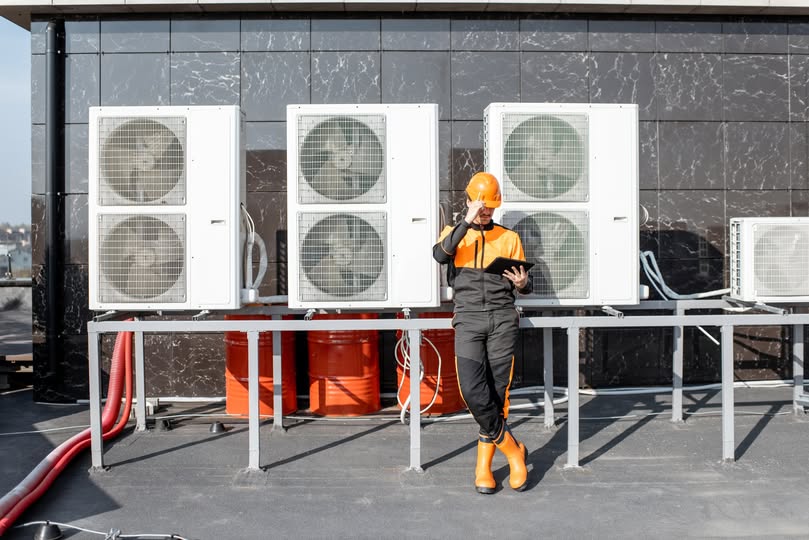Your boiler can serve you reliably and effectively for many years. Boilers have an average lifespan of 20 years. However, like every other home system, they may experience problems such as leakages. Water leaking boilers require the attention of an experienced technician since they could lead to damages. We recommend regular boiler maintenance in the Greater Toronto Area by our technicians at A-Plus Quality Heating and Cooling to prevent such issues. Below are some of the common causes of leaks in boilers and what to do.
Possible Causes of Boiler Leaks
There are many reasons for leaking boilers, but we will discuss a few of the most common causes. They include the following:
Corrosion
When dirt and debris buildup inside your boiler, it encourages corrosion of pipes and radiators. Over time corrosion weakens your tanks and pipework, which eventually leads to water leaks. If rust and corrosion have not spread further than a valve or a single pipe, then replacing the part can resolve the issue. However, if it has spread across the boiler, you will need to replace the whole system.
Pressure
High pressure is the most common cause of leaks in boilers. Boilers come with an outlet pipe that lets out excess pressure and prevents the system from imploding. The recommended pressure is between 1 and 2. If you notice the pressure gauge reads more than that, you need to reduce it.
Temperature
All boilers come with a temperature control valve (TCV) that monitors the water temperatures. The TCV regulates the water temperatures from getting too high. If you notice leaks from the TCV, it’s a sign that the temperatures are too high.
Pump seals
Due to contraction and expansion over time, your boiler pump can develop cracks that cause water leakages. The pump requires either resealing or replacement.
Loose Joints
Your boiler expands and contracts as temperature changes from cold to hot. This change can affect the joints and cause leaks. Through boiler maintenance in the Greater Toronto Area, the joints such as all pipes and tubes connected to the body can get tightened.
Wear and Tear
Like everything else, boilers do not last forever. If your boiler is old, it could experience leakages, and you need to replace it. It also consumes a lot of energy that leads to high monthly bills. A new system will not only save you money but will also offer you efficient heating.
What to Do if a Boiler is Leaking
The cause of leaking boilers can either be simple or complex. Nevertheless, they require immediate inspections from a certified technician from A-Plus Quality HVAC services in the Greater Toronto Area. While you should not attempt to perform repairs on your own, there are a few steps you can take to protect your home.
• Turn off your homes water supply
• Switch off the boiler
• Wipe any leaked water
• Finally, contact a qualified technician for boiler repair in the Greater Toronto Area from A-Plus Quality Heating and Cooling.



